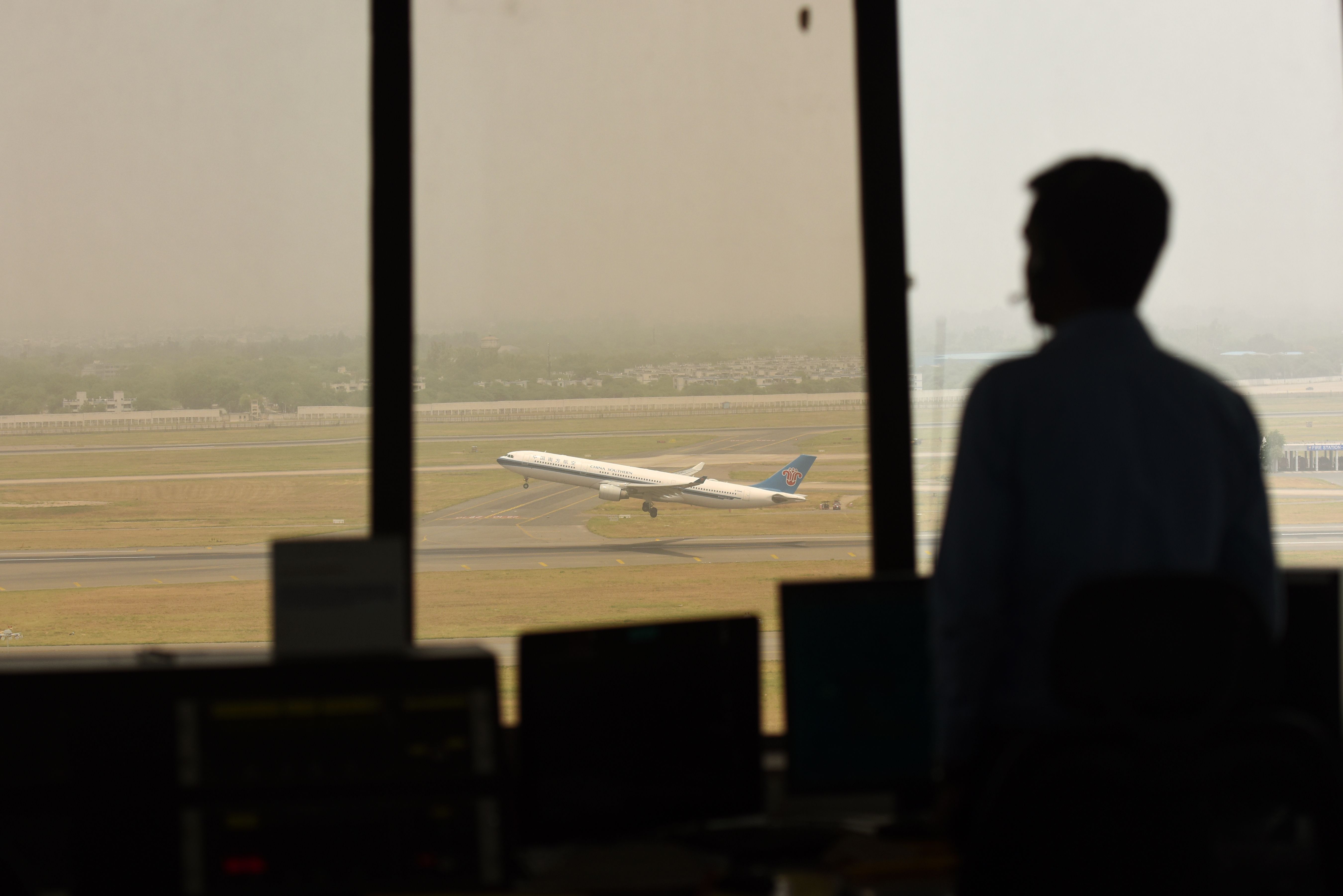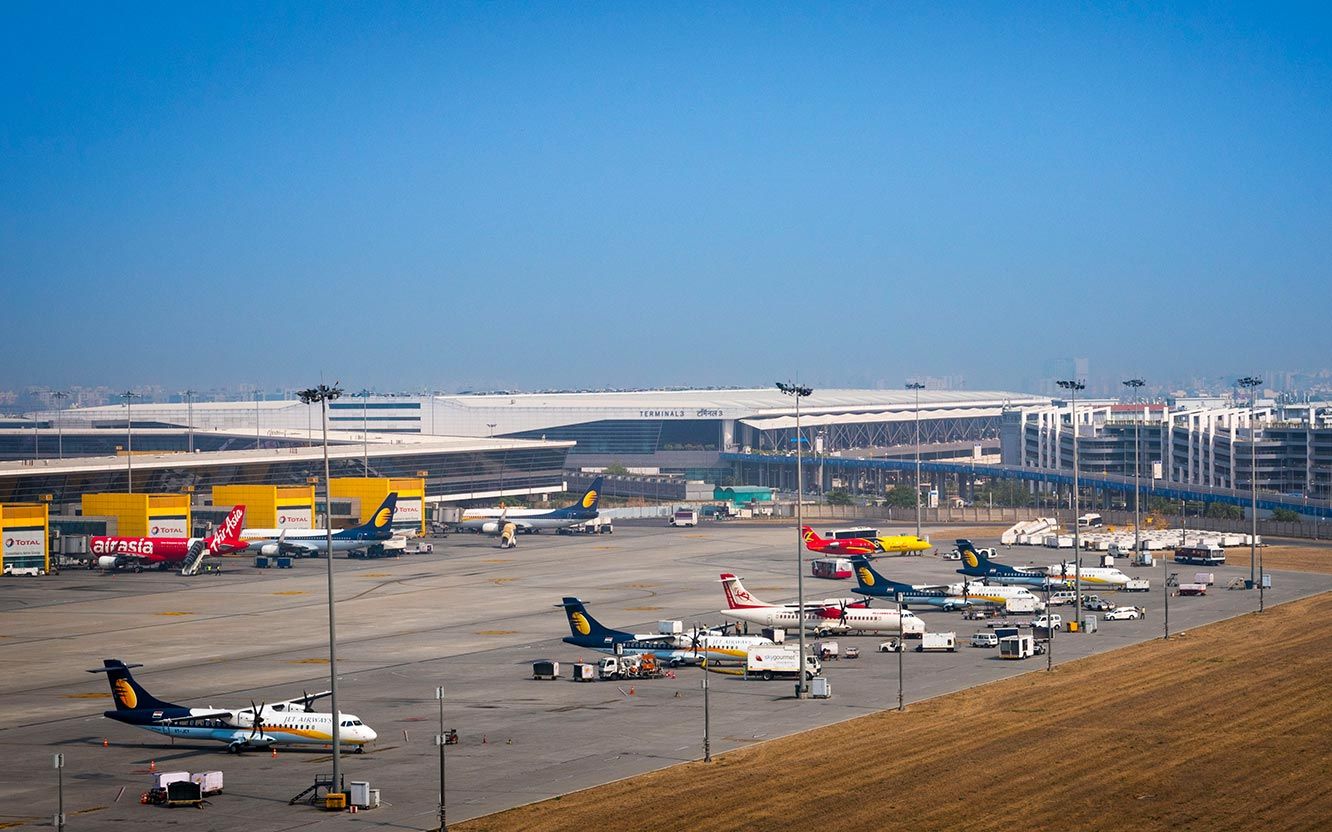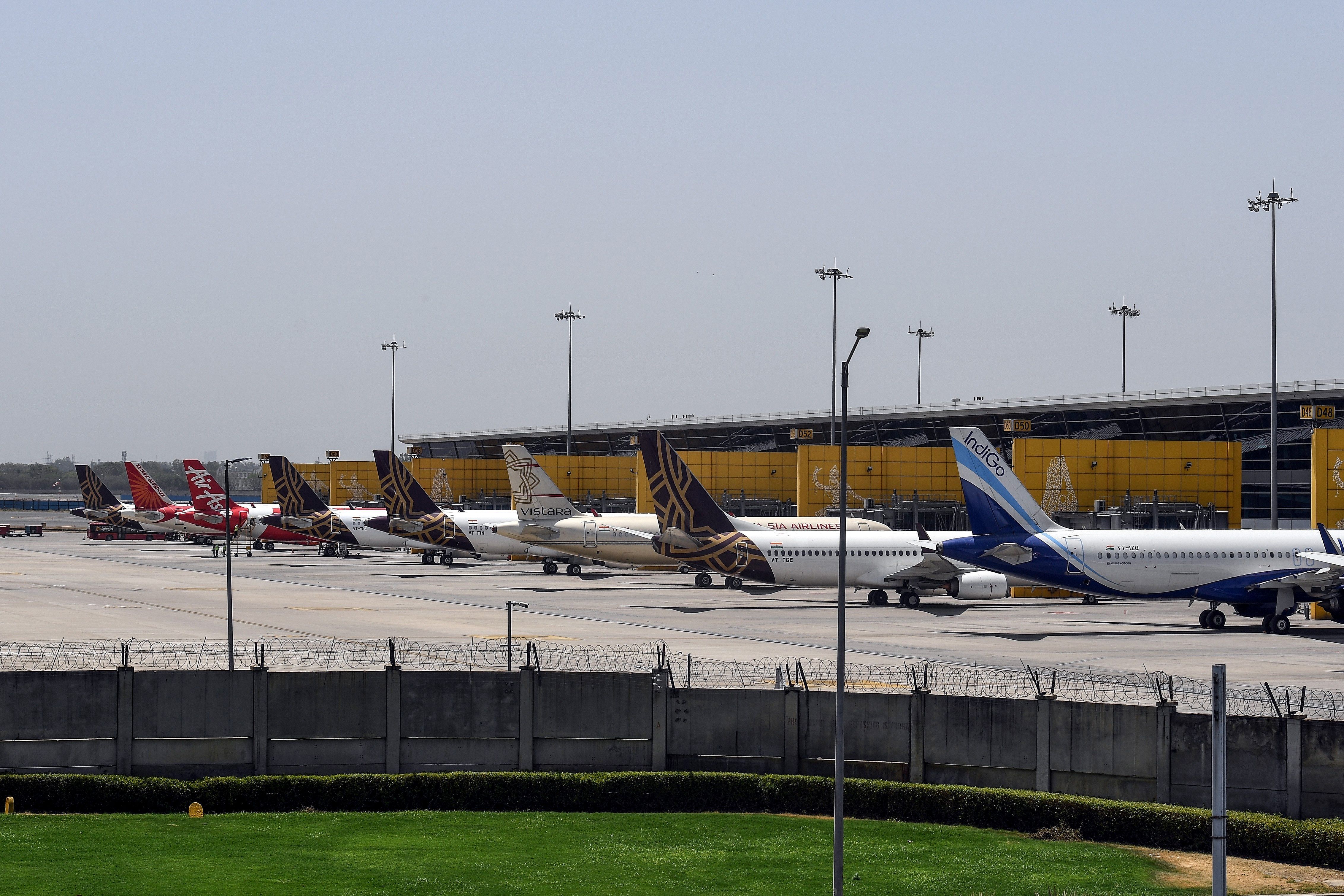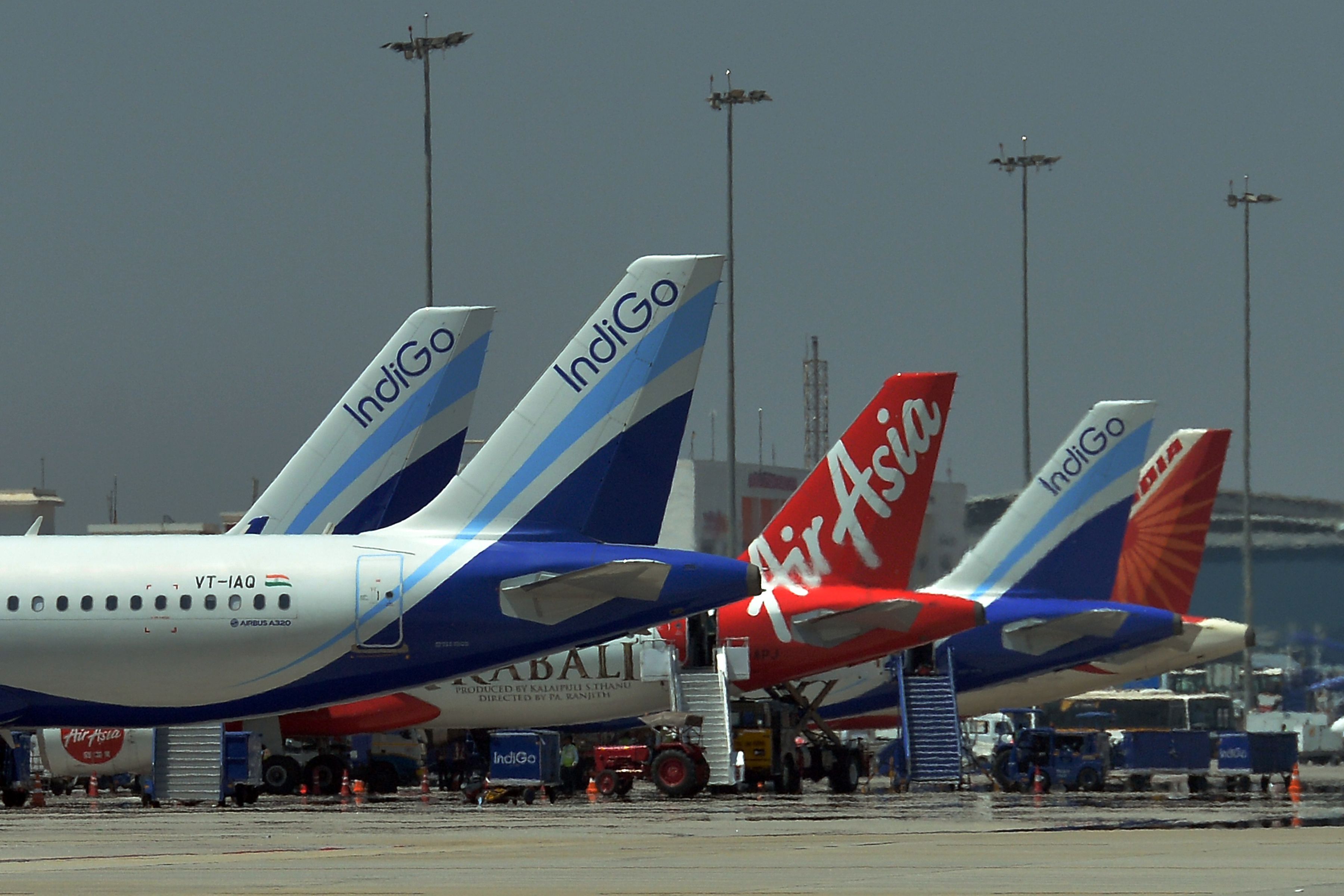In a first in India, an air traffic controller has failed a random drug test since the measures were first introduced in January this year. Aviation personnel in India are being tested for psychoactive substances for months now, and a few positive cases have come to light. While previously, pilots had failed the tests, this is the first time an ATC employee has tested positive for banned substances.
Removed from duty
An air traffic controller at Delhi airport tested positive for a psychoactive substance and has been removed from active duty by India's aviation regulator, the DGCA.
According to reports, the ATC employee at Delhi's Indira Gandhi International Airport (DEL) was subjected to a random test, which came out positive. A secondary test also confirmed the results on August 18th.
The incident comes not too long after two pilots were suspended in July for failing drug tests. The DGCA did not reveal the names of the pilots or the airlines, citing the matter's sensitivity but ordered them to go to a rehab facility.
It was also made clear that they would be able to return to active duty after receiving a fitness certificate from the airline doctor. The Delhi air traffic controller is expected to go through the same procedure.
Strict guidelines
India maintains stringent guidelines when it comes to alcohol consumption for aviation employees. The DGCA allows zero alcohol levels in the blood of airplane crew before a flight. It also mandates 12 hours of gap between flying an aircraft and the intake of an alcoholic beverage.
Follow Simple Flying for all the latest aviation news.
From January 2022, the regulator introduced an additional test, which calls for random testing of personnel for psychoactive substances. The rules state that airlines and air navigation service providers must randomly test at least 10% of the flight crew and air traffic controllers.
These guidelines also apply to flight schools that will have to test trainee pilots before admitting them. The decision to implement the rule was made last year when the DGCA chief Arun Kumar commented,
“The worldwide spread of use of psychoactive substances, their general availability and the ever-increasing number of addicted users is a serious concern to aviation safety.”
Consequences
The new test covers amphetamine and amphetamine-type stimulants, opiates and metabolites, cannabis, cocaine, barbiturates, and benzodiazepine. In case an employee is found positive, the employer will have to inform the DGCA within 24 hours. Any positive test will be confirmed by a second test.
A personnel testing positive for the first time will be referred to a specialist doctor or rehabilitation program. The employee can return to duty only after meeting specific parameters and, of course, a negative test.
A second-time violation will see the personnel lose their aviation license for three years, and a third positive test will result in the permanent cancellation of the license.
What do you feel about DGCA's drug testing policy? Please leave a comment below.




